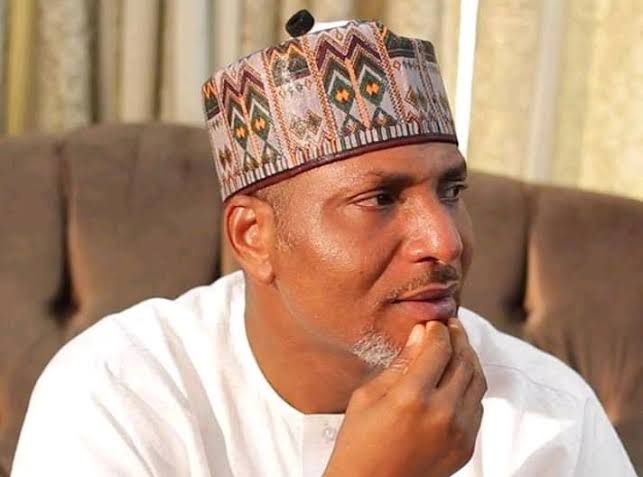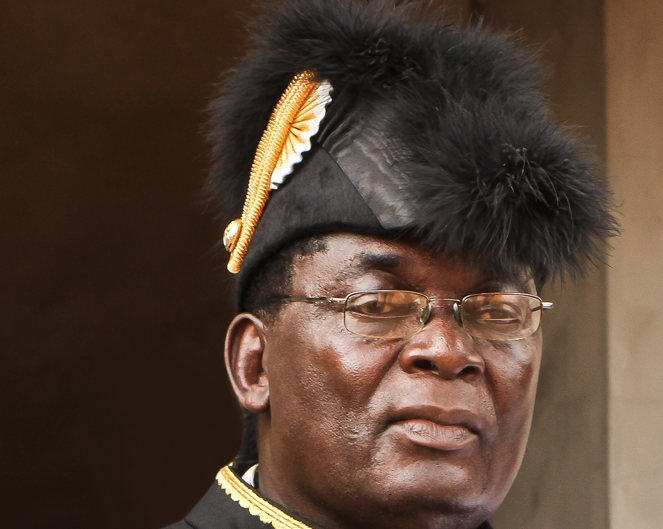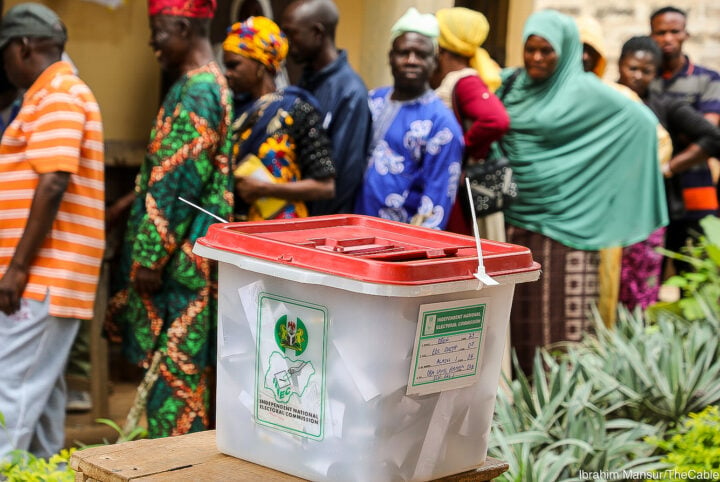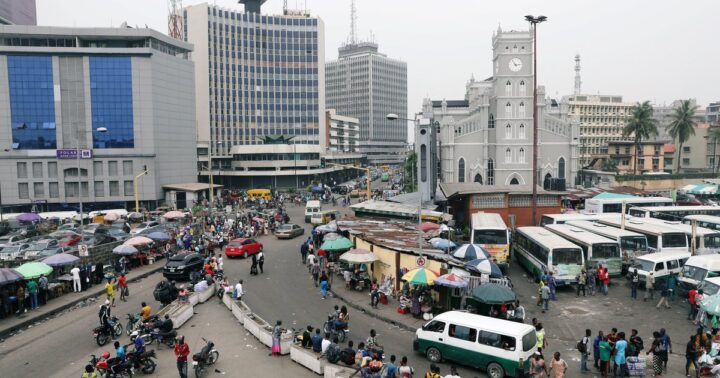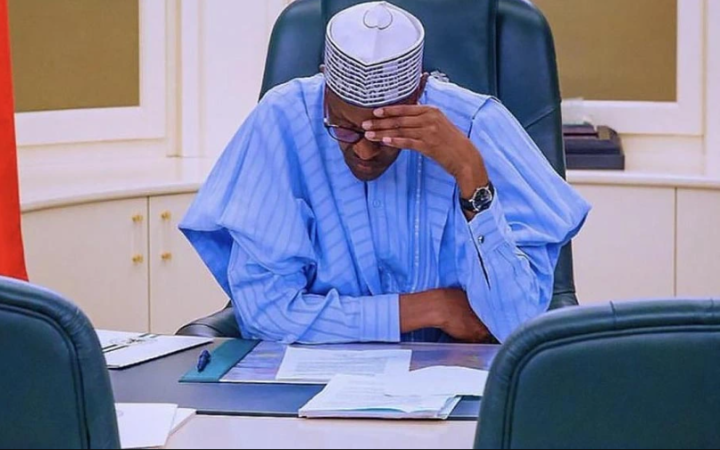BY UTOMI JEROME-MARIO
One recent occurrence that typifies the nation’s education sector as an area in urgent need of help is the current shoddy state of Ologbo Primary and Secondary schools, Ologbo, Obarentin community in Ikpoba-Okha local government area of Edo state, formerly called Rubber Research Institute of Nigeria Primary and Secondary school, Ologbo.
In addition to signalling the gory tale of poor leadership, neglect and outright abandonment of responsibility by the Edo state government, the pictures and accompanying commentaries diverted attention from real threat deserving of healthy and appropriate fear, the federal government’s protracted inability to resolve their impasse with the Academic Staff Union of Universities (ASUU). More than anything else, the ugly awareness at the school sowed confusion that portrays the Edo state as a state where leadership has drained people’s will and is now left with weakened rational character.
Expectedly also, many have risen in staunch defence of the governor saying that blame in the present circumstance may not be the smart thing to do for when a verdict is passed on someone, it blocks the possibility of knowing who the person is and definitely creates biases, sentiments, prejudice, and also makes the mind become impervious and closed towards either seeing the good sides of the person or the bad sides of the person. To others, the governor should in the interim be excused because when it comes to making decisions or pursuing purposeful initiatives, leaders naturally fall victim to the trap of unexpected limitations such as inadequate funds among others. To the rest, achieving sustainable development in a sector such as education is a systemic thing that takes time. Therefore, the governor needs to be allowed more time to perform before subjecting his performance to critical scrutiny.
Advertisement
Whatever the true position may be, the truth is this piece’s latest condemnation of Governor Obaseki’s poor leadership habit is both natural, neutral and perceptual. The reason is simple. Experience via observation has shown that in Nigeria, particularly in the Niger Delta region, leaders are never mentally prepared for the task of leadership. They seem to forget that the more preparation, planning and activation of the execution process they make, the better they perform in the task of leadership.
Supporting the above assertion is the awareness that when one spends time thinking about how we approach leadership in Nigeria and asks important questions about how leaders in Nigeria set their priorities, time and funds, it becomes easy to situate the fact that the hallmark of poor performance in Nigeria is not Obaseki specific.
Take, as an illustration, a while ago in a particular intervention, this author highlighted pictures of a similar shoddy state and wicked neglect of Oyoko Primary School, Abavo, Ika south local government area of Delta state.
Advertisement
Like the Ologbo Primary and Secondary Schools situation, the referenced piece underlined disturbing pictures which showed visibly distressed structures with fallen ceilings, windows and doors. The piece concluded by concluding that from the pictures and accompanying commentaries, it cannot be characterised as an overstatement to describe such a scene as deplorable, dehumanizing, troubling, in bad light bracingly in contravention of the international best standards and most importantly, a reality that all well-meaning Deltans including our dear governor should worry about.
Broadly speaking, there are so many reasons why this author is particularly interested in bringing to the fore these poor courses of action/inaction chosen ahead of logic by the public authority to address the nation’s education sector; their definition of the problem, the goals to be achieved, or the means adopted to address the problems and to achieve the goals.
By analysing each of these elements, in turn, it becomes easy to understand the essential ingredients that made great nations what they are today, as well as answer questions as to why others, such as Nigeria, are unsuccessful.
To explain this point, it is believed that policies, plans and strategies are fundamental to the progress and development of countries, yet, right from independence, the problem with education in the country very much lies with underfunding, payment of lip service to, and inconsistency in policies driven by several panels set up by the government to recommend measures to enhance the quality of education in the country. This problem is not so much with the recommendations of the various panels but their poor implementation by those entrusted to do so.
Advertisement
If not bad policy and poor implementation, how do we explain the government’s inability to heed the United Nations Educational Scientific, and Cultural Organisation (UNESCO) budgetary recommendation on education? What other expression shall we say of a country’s education where researches are not adequately funded and yet, the president allowed hundreds of millions to go into replacing his plates and cutlery yearly? And what shall we expect from an educational ministry headed by someone who is not an educationist? This may however not be the only explanation.
As to what should be done, we must recognize two realities.
First and very fundamental is that like in business, where no organisation can grow consistently faster than its ability to get enough of the right people to implement such growth. likewise, we must admit that with the education sector’s present state, it will be difficult if not impossible to develop disruptive or constructive concepts that can shatter set patterns of thinking and provide solutions to the nagging challenges in the country until policymakers consider education as the bedrock of development; that with sound educational institutions, a country is as good as made because the institutions will turn out all rounded manpower to continue with the development of a hyper-modern society driven by well thought out ideas, policies, programmes and projects. But such a tendency is clearly different here.
Secondly, policymakers must admit the fact that our children enjoy the right to education as recognised by a number of international conventions, including the International Covenant on Economic, Social and Cultural Rights which recognises a compulsory primary education for all, an obligation to develop secondary education accessible to all, as well as the progressive introduction of free higher education/obligation to develop equitable access to higher education.
Advertisement
The nation must stop playing casino with funding the sector, and in its place, come to the realisation that it is our collective responsibility to ensure that our schools work and our children are properly educated at the right time and place.
As to closing the nation’s revolving underdevelopment door, there is an urgent need to rework the university system to meet the manpower demand by the industrial sector as a strategic consequence of this failure has made Nigerian universities and other tertiary institutions in the country continue to turn out, every year several thousands of graduates that the industry does not need. This is made worse by the fact that this is a nation where uncalculated importance is attached to the possession of university degrees as against the possession of skills necessary for self-reliance and national development.
Advertisement
Jerome-Mario is the programme coordinator (media and public policy) of Social and Economic Justice Advocacy (SEJA), a Lagos-based non-governmental organisation. He can be reached via jeromeutomi@yahoo.com or 08032725374
Advertisement
Views expressed by contributors are strictly personal and not of TheCable.
Add a comment

